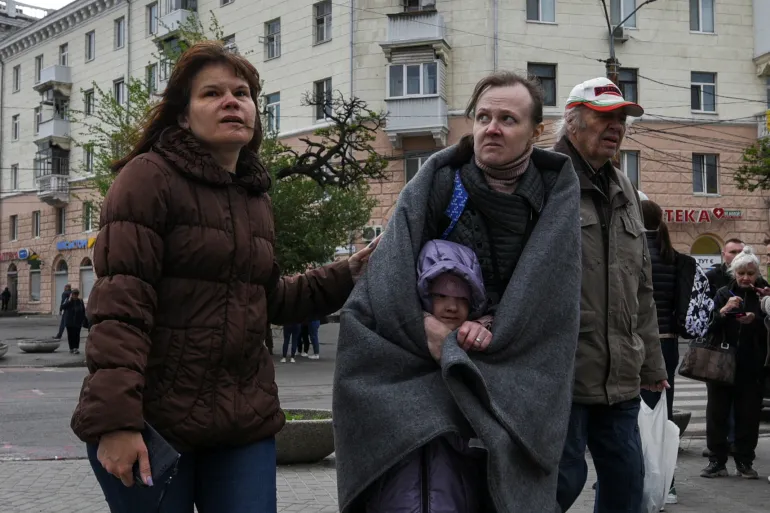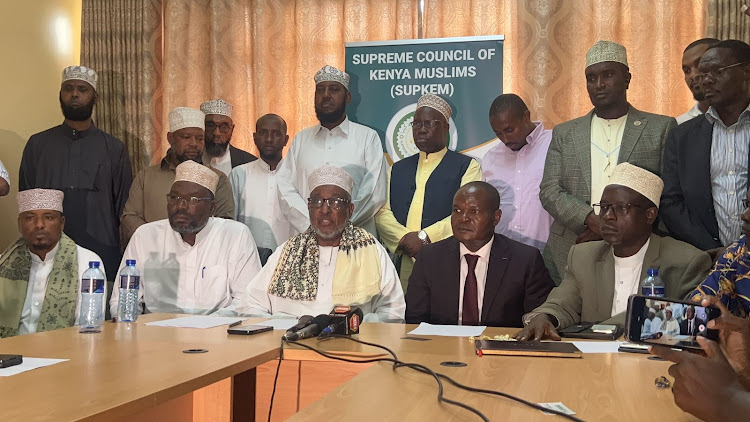Aljazeera News Published: April 3:33 PM(EAT) Ben Hodges, who led US forces in Europe, says…

Ethiopia delays polls again amid security, logistical challenges
By Al Jazeera
Ethiopia has delayed its national election again after some opposition parties said they would not take part and as a conflict in the country’s Tigray region means no vote is being held there, further complicating Prime Minister Abiy Ahmed’s efforts to centralise power.
Birtukan Mideksa, chairperson of The National Electoral Board of Ethiopia (NEBE), “indicated that delays in opening polling stations and voter registration have pushed the voting day”, state news agency Fana reported on Saturday.
Mideksa told Reuters news agency the election would not happen on June 5 as scheduled.
“We will let everybody [know] soon as to how many additional weeks or days to complete the delayed tasks … Wouldn’t be more than three weeks,” she added.
Mideksa cited a plethora of logistical delays, such as finalising voter registration, training electoral staff, printing and distributing ballot papers.
“Practically, it became impossible to deliver all these at the originally slated dates,” she said.
With just weeks to go to the election, there had been few signs of campaigning, and several opposition parties planned to boycott the vote, describing it as a “farce”.
 Ethiopians fleeing the ongoing fighting in the Tigray region carry their belongings after crossing the Setit River on the Sudan-Ethiopia border [File: Mohamed Nureldin Abdallah/Reuters]
Ethiopians fleeing the ongoing fighting in the Tigray region carry their belongings after crossing the Setit River on the Sudan-Ethiopia border [File: Mohamed Nureldin Abdallah/Reuters]
The vote was originally planned for August last year but was postponed for the first time because of the coronavirus pandemic.
The Tigray People’s Liberation Front (TPLF), which was ruling the northern region at the time, had resisted the postponement and held its regional elections in September.
This was a factor that led to the conflict between the TPLF and the central government in Addis Ababa, which has been ongoing since early November.
The fighting in Tigray has killed thousands and led the United States to allege that “ethnic cleansing” against Tigrayans was being carried out in the western part of the region that is home to some six million.
The prime minister, who introduced sweeping political reforms after taking office in 2018 and won the Nobel Peace Prize the following year, has repeatedly promised that this election would be free and fair.
Abiy will keep his post if his Prosperity Party wins a majority of seats in the national assembly.
SOURCE: Al Jazeera


